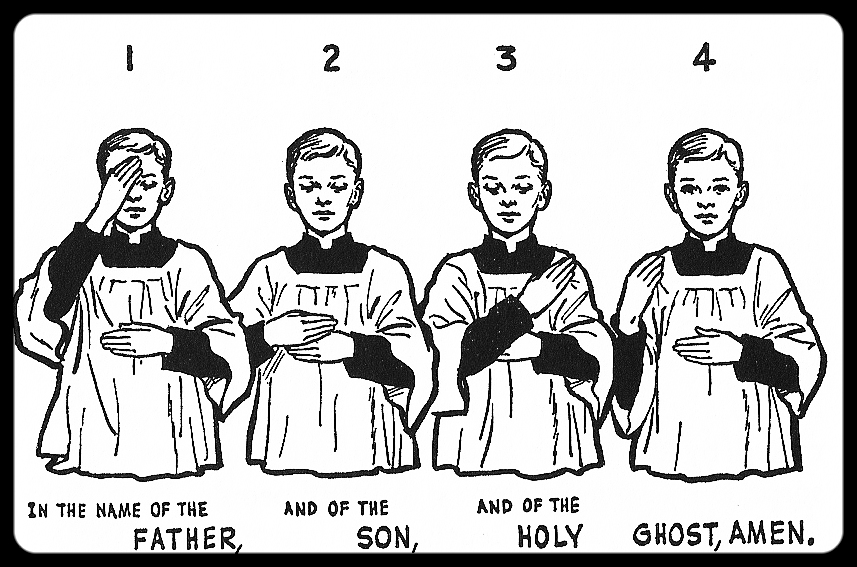The well known adage by Lord Acton:
Power tends to corrupt, and absolute power corrupts absolutely. Great men are almost always bad men, even when they exercise influence and not authority, still more when you superadd the tendency or the certainty of corruption by authority.
In writing about the choice of king, the first one being Saul, there are some very interesting aspects about the move to kingship. First Saul was a humble chappie, hiding in the baggage. What if Saul had never been selected as king? Would he simply have been a friendly giant wandering the land? God then instructs Samuel to tell the people what the king will do, not what Saul will do, nor what a bad king will do! Is there the indication that once we give someone an exalted title and with it authority we really are setting them up (Lord Acton quote)?
Christendom…. Here is a great article I have just read:
https://www.redletterchristians.org/christians-dont-understand-how-horrible-christendom-was-as-is/
A quote from it:
Whenever the name of Jesus is invoked to vilify any group or nation, and whenever a pastor spiritualizes hate or weaponizes scripture to oppress others, and whenever biblical rhetoric is used to inflame nationalism and spread partisan fear, we must recognize these forms of spiritual manipulation for what they are: evil. Because throughout history, Christendom has been a favorite tool of dictators, authoritarians, and countless others who selfishly used it to harm others.
The dominant place afforded to institutional Christianity in Europe is over, resulting in either a hankering back with a cry of ‘we are being marginalised’, or a re-appraisal of what was done wrongly in the name of Jesus (without writing off the genuine missionary / humanitarian work). But now…
Is there a fresh offer coming to the fore in certain places not only to give Christians a place at the table, but to sit at the right hand of authority? If ‘Christendom has been a favorite tool of dictators, authoritarians, and countless others who selfishly used it to harm others’ is there a dangerous proposal that will simply empower dictators and autocrats to bring about oppression legitimised by the use of the name of Jesus (not to mention how lies can be first ignored, but left ignored for a length of time, falsehood will become ‘truth’).
With no offer on the table in Europe we are so privileged. No need even to hide in the baggage. Yes, probably some detox still needed as the hankering after power is so strong and insidious. Add to this the COVID-19 forced break, a call to re-positioning and I hear the word H-O-P-E. Ears and heart open I think is the right response.

